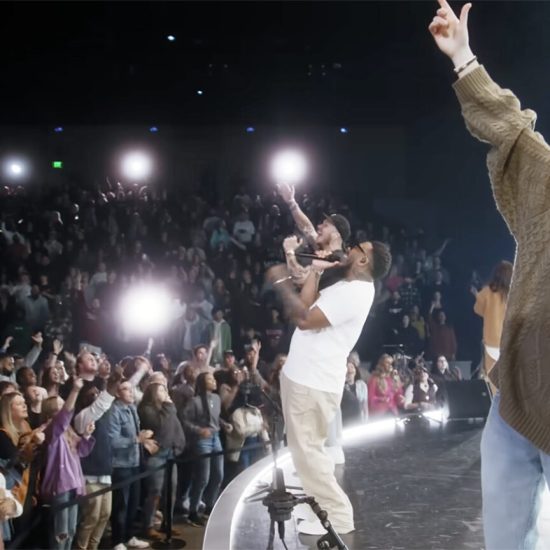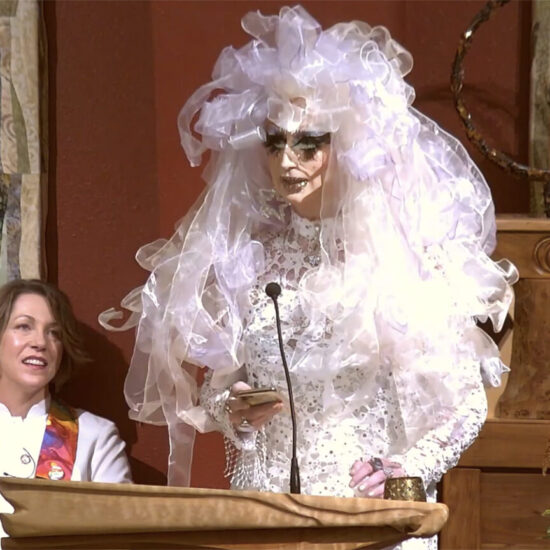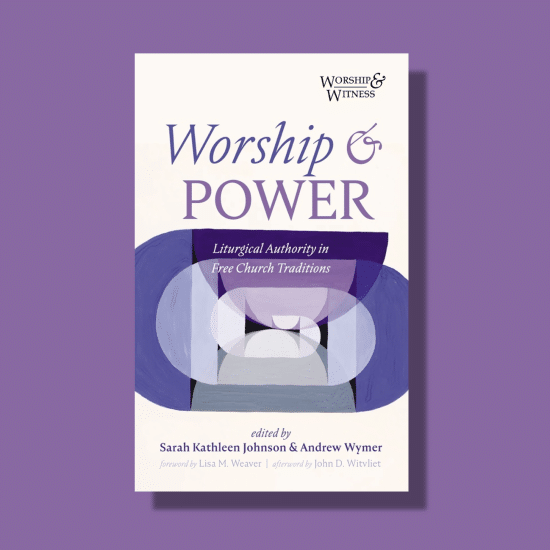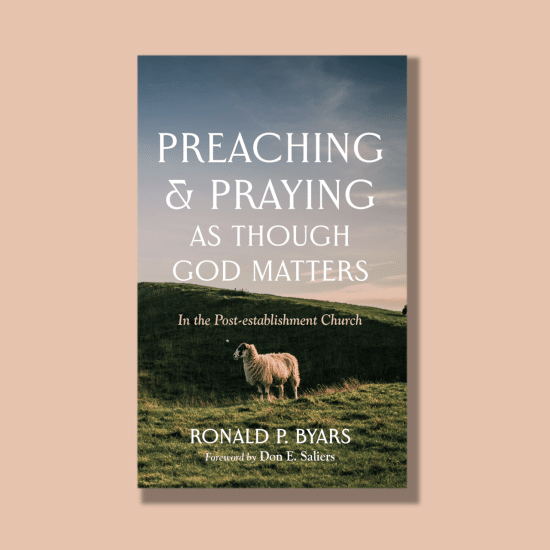In light of criminal tragedies in houses of worship — the shooting death of Pastor Fred Winters in Maryville, Ill., in 2009, and the recent shooting incident at First Baptist Church in Norwood, Mo. — many congregations have beefed up security.
But in states that allow people to pack their pistols in church, what role, if any, should they play in church security?

iStockphoto
|
All states — Illinois was last, effective July 9 — now allow private citizens to carry concealed weapons. Not all states, however, allow concealed carry in worship centers. Even where state law allows people to carry in their house of worship, at least two church security experts note weapons generally should be used only in extreme circumstances.
Reaction time is the primary issue both Steve Heidke and Jimmy Meeks agreed.
“Reaction is always slower than action,” said Meeks, a 33-year law enforcement veteran, church safety expert and Baptist preacher. Based in Hurst, Texas, Meeks conducts church safety training, called Sheepdog Seminars, around the country.
“If you think you are going to be able to stand up and shoot, you have another think coming…. There would have to be nothing between you and the shooter,” he added. “Psychological factors come into play.”
Worshippers “usually won’t know what’s going on” when an individual intent on harming someone comes in during a service. “Likely they will not have time to react,” Heidke explained.
Heidke, who retired after 23 years as an officer with the Jefferson County [Mo.] Sheriff’s Department, has been director of public safety and transportation at Missouri Baptist University in Bridgeton, Mo., for 10 years. He conducts church safety seminars from time to time in the St. Louis area.
Barricade and concealment plans or determined routes for escape or evasion are better options than shooting, he added.
Both experts agreed that setting up a security team would contribute to overall safety, more than relying on citizens with concealed carry licenses. Both also emphasized choosing retired or off-duty law enforcement officers to serve on the team, if possible.
“Most people are not trained to shoot in a high-stress situation,” Heidke said. Police train four or five times each year to face such possibilities, not on a weapon range, but in controlled simulations, he explained.
He discourages churches in Missouri from allowing concealed carry because of the possibility of someone’s getting hurt accidentally. “If there’s a shooting and the church has a team of four that search for the active shooter, and if a private citizen pops up with a weapon, he or she would likely get hurt because the team wouldn’t know them,” Heidke said.
Missouri law requires individuals with a concealed carry permit to obtain permission from the pastor or person in charge of the house of worship before taking a weapon into the facility.
Meeks believes in a citizen’s right to bear arms and carry them to church, he said. But he also believes private citizens should avoid using them in high-pressure situations. “Training is so important…. Carrying is a privilege, not a right,” he said.
While considering safety, congregations also must think about liability. Who will bear the responsibility if a private citizen with a concealed weapon accidentally hits an innocent worshipper?
That depends, noted Jim Slota, an agent with Bowersox Insurance Agency in St. Louis. He urges congregations to check their insurance policies. Some companies exclude firearms from coverage. Others may only be willing to cover individuals as part of a designated security team.
He, too, is concerned about possible reactions of those who carry a weapon to worship. “I discourage that practice…. The best way is to hire off-duty police officers or use police officers who are members,” he said.
Slota believes that a church in Missouri would be legally responsible if it was aware that a person who accidentally shot someone was licensed to carry. He urges congregations to check with an attorney about liability issues under individual state laws.
Currently, Kansas and Nebraska prohibit concealed carry in houses of worship. Arkansas recently passed the Church Protection Act of 2013, which allows congregations to determine themselves who can carry.
Although the new Illinois law lists several places off limits for concealed carry, worship facilities were not included. Churches can post signs that state concealed weapons are prohibited on their property.






